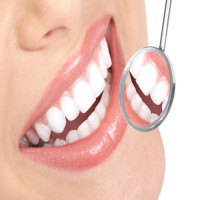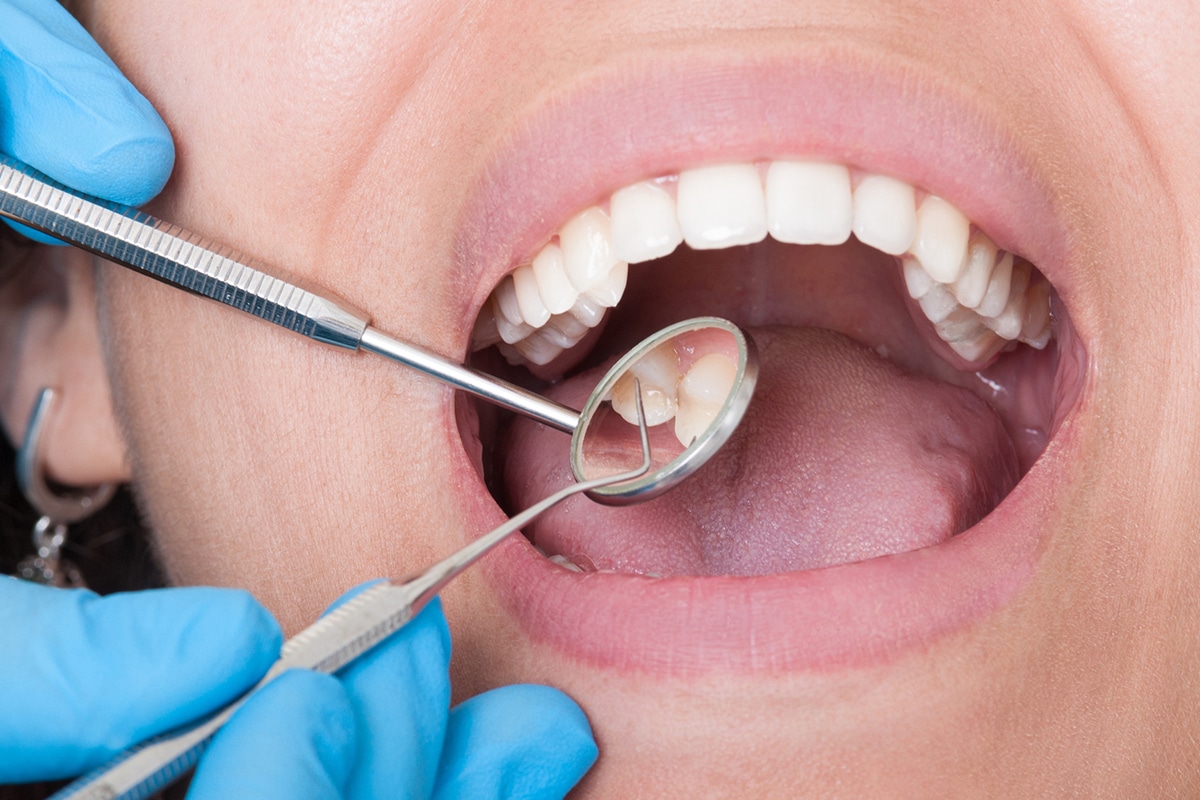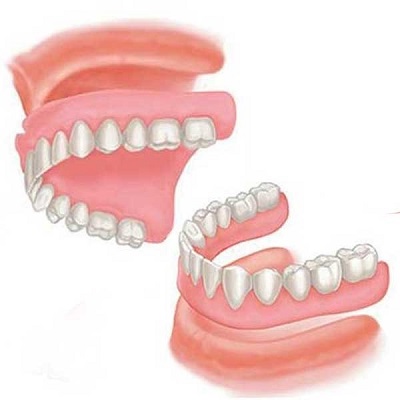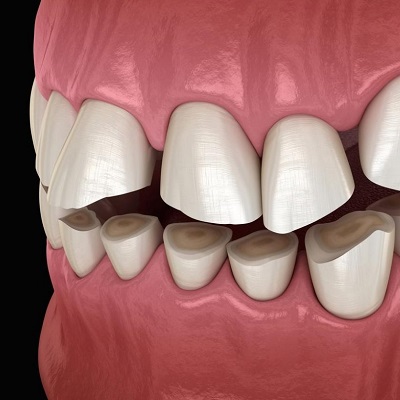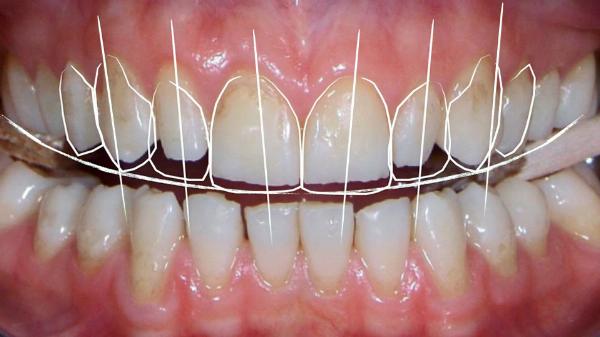How Often Should You Replace Your Mouthguard? Insights for Dubai Users
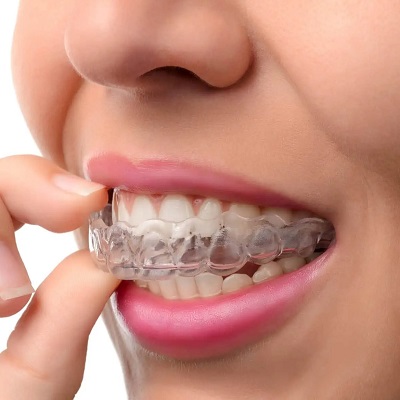
Strong 8k brings an ultra-HD IPTV experience to your living room and your pocket.
Mouthguards In Dubai is essential for protecting your teeth, gums, and jaw during sports, physical activities, and even while sleeping for those who suffer from bruxism (teeth grinding). Whether you're an athlete or someone who needs a mouthguard for medical reasons, regular replacement is critical to ensure it continues to provide optimal protection and comfort.
Factors That Influence Mouthguard Replacement:
The lifespan of your mouthguard depends on several factors, including the type of mouthguard, how often it's used, and how well it's cared for. Here are the key factors to consider when determining how often to replace your mouthguard:
1. Type of Mouthguard:
Mouthguards come in various forms, and the type you use significantly impacts how often it should be replaced.
Stock Mouthguards: These are pre-formed, ready-to-use mouthguards that you can buy at sports stores. Since they aren’t customized to fit your mouth, they tend to wear out faster, often requiring replacement every 3-6 months.
Boil-and-Bite Mouthguards: These are slightly better than stock options, allowing you to mold them to your teeth after boiling them in hot water. However, they still wear out relatively quickly and need replacement every 6-12 months.
Custom-Fitted Mouthguards: Made by dental professionals, these mouthguards are custom-designed for a perfect fit. They last longer than the over-the-counter options, typically needing replacement every 1-2 years depending on usage and maintenance.
2. Frequency of Use:
The more frequently you use your mouthguard, the more often it will need to be replaced. Athletes who practice daily or use their mouthguards during every game and practice will wear them out faster than casual users. Similarly, those who use a mouthguard for bruxism (nighttime teeth grinding) may need to replace it more frequently.
For athletes: If you play sports regularly, your mouthguard should be replaced every season or every 6 months.
For bruxism sufferers: Individuals who wear their mouthguard every night should consider replacing it annually, or sooner if wear and tear is noticeable.
3. Wear and Tear:
Check your mouthguard regularly for signs of wear and tear, including:
Cracks or tears
Loose fit
Thinning areas
Difficulty staying in place
Once a mouthguard begins to show these signs, it’s time to replace it. A damaged or ill-fitting mouthguard won’t provide proper protection and could cause more harm than good during use.
4. Age and Growth:
For children and teens, who are still growing, mouthguards will need to be replaced more frequently. As their teeth and jaws develop, a custom mouthguard that fit perfectly a few months ago may no longer provide the necessary protection. Pediatric dentists in Dubai recommend replacing children’s mouthguards every 6 months, or sooner if there are significant changes in their dental structure.
When to Replace Your Mouthguard:
Here are specific scenarios in which you should replace your mouthguard:
1. Visible Damage:
Any visible damage, such as cracks, tears, or signs of wear, compromises the effectiveness of your mouthguard. A damaged mouthguard won’t absorb impacts as effectively, which can put your teeth and jaw at risk.
2. Changes in Fit:
If your mouthguard no longer fits properly, it's time to replace it. A loose mouthguard won’t stay in place during sports activities, and an ill-fitting one may not protect your teeth adequately.
3. Oral Health Changes:
Changes in your oral health, such as dental work (crowns, implants, braces), can affect the fit of your mouthguard. After undergoing significant dental work, a new custom mouthguard is essential to ensure a proper fit and maximum protection.
4. Regular Sports Seasons:
For athletes, it’s advisable to replace your mouthguard at the start of each new sports season. Even if your mouthguard doesn’t show visible wear, it can degrade over time due to regular use and exposure to saliva, dirt, and sweat.
5. Bruxism-Related Wear:
If you grind your teeth at night and use a mouthguard to prevent damage, you may need to replace it more often than an athlete. Over time, bruxism can cause the material to thin out, reducing the effectiveness of the guard. Replacing it every 6-12 months is recommended.
Caring for Your Mouthguard:
Proper care can extend the life of your mouthguard, ensuring it provides optimal protection for as long as possible. Follow these tips to keep your mouthguard in top condition:
1. Clean It Regularly:
Clean your mouthguard after each use. Rinse it with cold water or mouthwash, and use a toothbrush to gently scrub away any debris. Some dental professionals also recommend soaking it in a denture cleaner for extra sanitation.
2. Store It Properly:
Store your mouthguard in a well-ventilated case that allows it to dry out. Never leave it in direct sunlight or a hot car, as heat can warp the material, making it ineffective.
3. Inspect It Frequently:
Inspect your mouthguard regularly for any signs of wear, such as tears, cracks, or thinning areas. If any damage is noticed, replace the mouthguard immediately.
4. Avoid Chewing It:
Many athletes develop a habit of chewing their mouthguard, which can weaken its structure. Refrain from chewing on your mouthguard to extend its lifespan.
5. Schedule Regular Dental Check-ups:
During your regular dental check-ups, ask your dentist to inspect your mouthguard for fit and durability. Your dentist can provide expert advice on when it’s time to replace your mouthguard and ensure that it continues to offer the best protection.
Custom-Fitted Mouthguards in Dubai: The Best Investment:
While over-the-counter mouthguards may be convenient, custom-fitted mouthguards offer superior protection, durability, and comfort. In Dubai, several leading dental clinics, such as Dr. Michael’s Dental Clinic and Versailles Dental Clinic, provide custom mouthguards designed to meet the specific needs of athletes and bruxism sufferers alike.
Custom-fitted mouthguards are tailored to your unique dental structure, ensuring a snug fit that won’t shift or fall out during activities. They are also made from high-quality materials, offering enhanced durability and a longer lifespan compared to stock mouthguards. With proper care, a custom-fitted mouthguard can last up to two years, making it a worthwhile investment for both athletes and those with bruxism.
Conclusion:
For athletes and individuals suffering from bruxism, a mouthguard is essential for protecting your teeth and jaw from damage. However, like any piece of protective equipment, mouthguards need to be replaced regularly to ensure they continue to offer the best possible protection. By monitoring wear and tear, maintaining proper hygiene, and seeking advice from dental professionals, you can ensure that your mouthguard provides long-lasting protection and comfort.https://www.dentalclinicdubai.ae/general-dentistry/mouthguards/
Note: IndiBlogHub features both user-submitted and editorial content. We do not verify third-party contributions. Read our Disclaimer and Privacy Policyfor details.

